Research Seminar by Dr. P.V. Aravind
A Research Seminar by Dr. P.V. Aravind, Professor, Chair of Energy Conversion, Groningen University, Netherlands was held on 11th August 2022.
Abstract
Negative emission technologies are generally mentioned as necessary to stabilize the earth’s climate. However, enabling such technologies in a cost-effective, socially acceptable, and politically feasible way remains a challenge. Solutions based on negative emission technologies to enable stakeholders to create wealth while also assisting in climate change mitigation are presented. Carbon neutrality program in Meenangadi village in India is introduced. While the program has started with planting trees in large numbers, mainly in coffee plantations, we propose a special focus on coffee and jackfruit agroforestry with a variety of technological interventions, including bioenergy and biochar, which might lead to “negative emissions at negative cost”. The strategies for
integrating food production with soil and water management, fuel production, adoption of renewable energy systems, and timber management are outlined. The focus is on merging biological and engineering sciences to create a practical niche that is simple to adopt, adapt, and scale up, hopefully allowing communities and regions to achieve net negative emissions.
An acceptance study carried out by our team revealed a very high acceptance rate for the climate interventions in the village when compared to the acceptance rates previously reported in the literature. The reasons behind such high acceptance rates, including the innovative approaches adopted in the region (such as the tree banking program), are presented. Finally, the potential for deploying similar revenue-generating negative emission solutions on a wider scale across India and the globe is discussed. We expect that the approach we present will lead to increased attention
to the development of science and technology-based solutions to help accelerate climate change mitigation efforts. An international triple helix partnership is being developed to support the program. The role of business organizations in such constructions is briefly discussed, giving also a highly successful example from Groningen, The New Energy Coalition, supporting the large-scale hydrogen transition taking place in the region. The recent steps in strengthening the Meenagadi/ Wayanad carbon neutrality program, including a delegation visit to Meenangadi from the Netherlands, and a recent workshop organized by the government of Kerala will be presented together with an overview of the key results from our recent publications connected to this program.
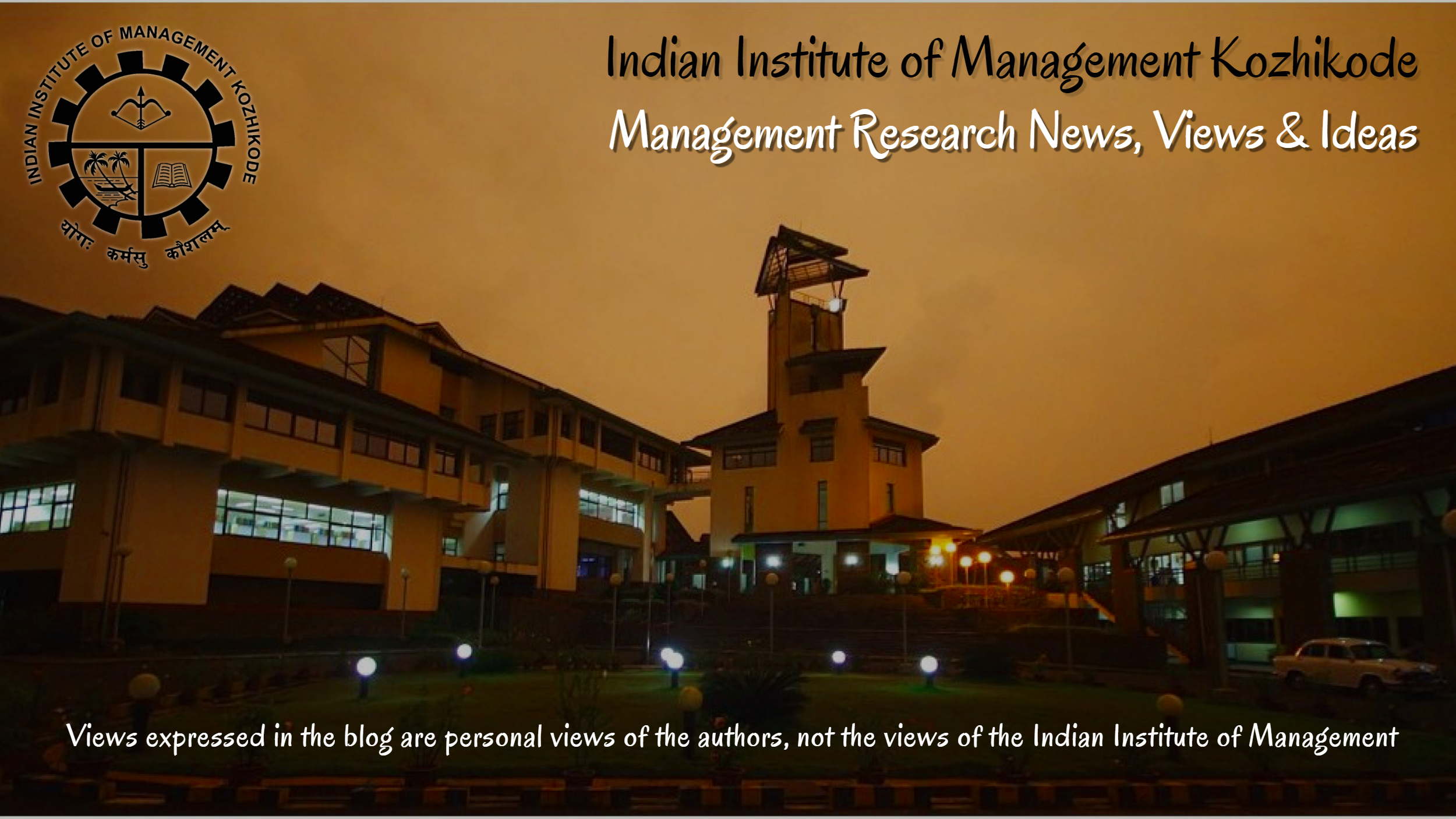

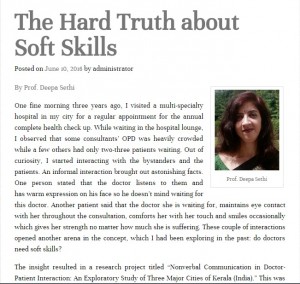
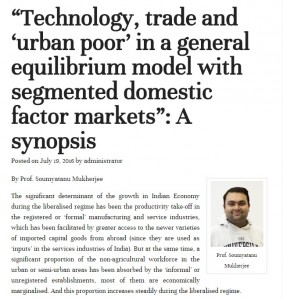
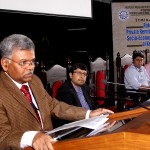
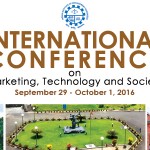
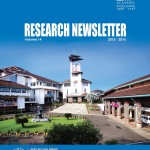

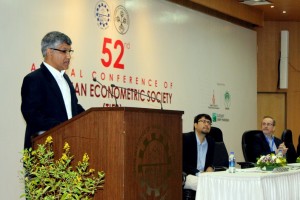
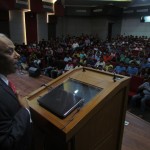
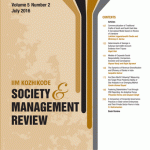



 Users Today : 864
Users Today : 864 Users Yesterday : 0
Users Yesterday : 0 This Month : 864
This Month : 864 This Year : 19527
This Year : 19527 Total Users : 577771
Total Users : 577771 Who's Online : 2
Who's Online : 2